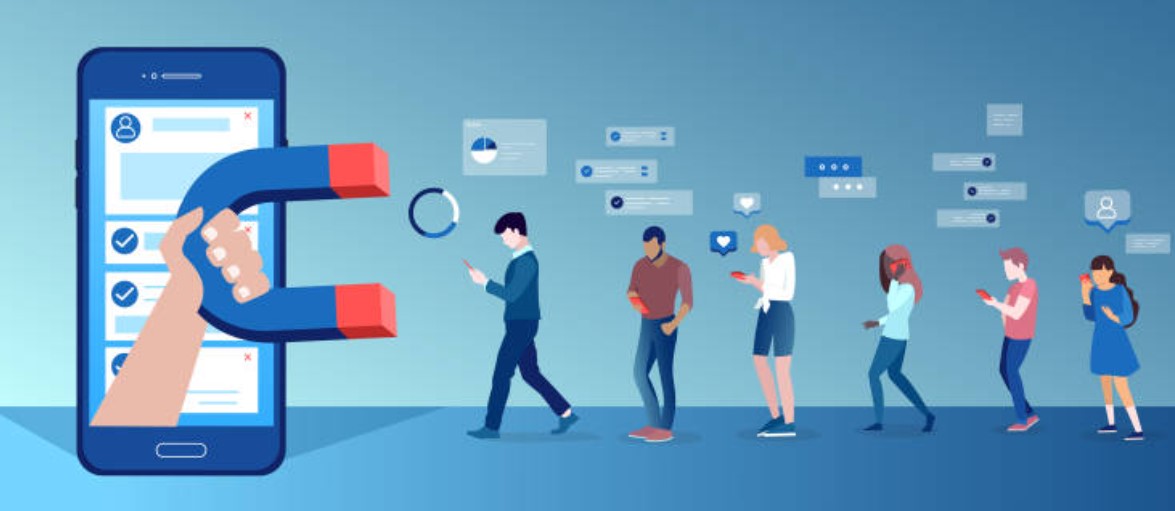Bestsellers
The most preferred packages by our customers
5000 Follower
- Instant Delivery Provided
- No Password Required
- Active Users
- Secure Payment
10.000 Guaranteed Follower
- 30 days guaranteed followers
- Active Users
- Secure Payment
- No Password Required
1000 European Likes
- Instant Processing
- Never a Fall
- Secure Payment
- Active European Users
1000 Followers
- Instant Send
- No Falling
- No Password Required
- 24/7 Live Support
- 3D Secure Payment
Why Choose Us?
We are number one in the region with the number of orders we have delivered to date.
We provide compensation for any possible downgrade or deletion without question.
Pay completely securely with PayTR assurance.
You can contact us 24/7 before and after your order.
"I was very satisfied with the services I received for my own account. I definitely recommend it."
"Very responsive and fast services. I advise."
"Very fast Instagram services, guaranteed services is so good. Thanks."
"Thanks to this site, I provide the necessary organic interaction for my Instagram account, thank you."
Latest Blogs
You can browse the latest content published in our blog section

Turn your social media followers into loyal fans with our comprehensive engagement strategies. Enhance your digital presence and foster meaningful connections.

Social media algorithms, the architects behind the digital curtains, meticulously curate user experiences on platforms ranging from Facebook and Instagram ...

Design your way to higher engagement on social media. Explore strategic content creation, from understanding your audience to leveraging visuals ...

Go beyond conventional tactics with inventive social media strategies. Explore how challenges, UGC, and collaborations can amplify your brand's voice ...
